Native American & Alaska Native Heritage Month
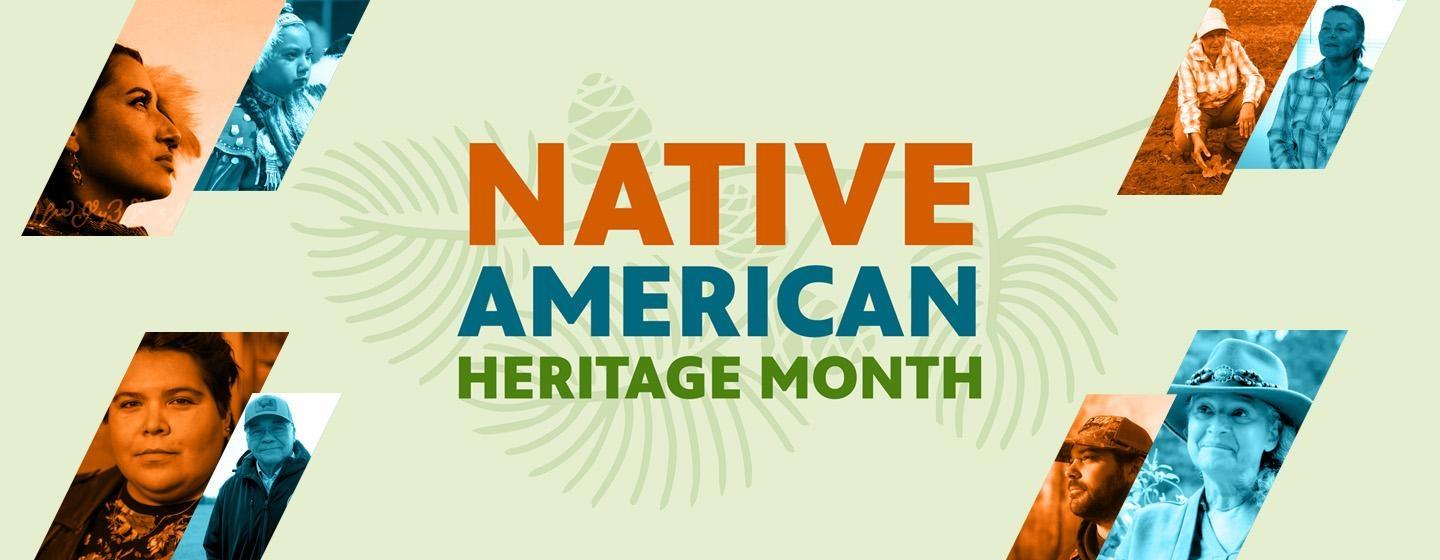

November is Native American and Alaska Native Heritage Month, a time to honor the cultures, histories, and contributions of Indigenous communities. What began as "American Indian Week" in 1986 has grown into a month-long recognition celebrated each year.
This month, PBS NC highlights the ways Native communities are shaping science and the arts, blending tradition with modern innovation. Watch stories from a collection of documentaries and shows that offer a look into these contributions on PBS NC and the PBS app.
North Carolina is home to eight Native American tribes. One of them is the Eastern Band of Cherokee Natives.
The Cherokee have inhabited North Carolina for at least ten thousand years. Their territory once extended north to the Ohio River and south to Alabama.
The Eastern Band of Cherokee Natives make their home on the Qualla Boundary in western North Carolina.
PBS North Carolina celebrates the Cherokee and all Indigenous peoples in honor of Native American Heritage Month.
This PBS NC documentary follows the Snowbird Cherokee of western North Carolina as they fight to preserve their language, customs and ancestral traditions before they disappear. Through intimate storytelling about the Snowbird Cherokee’s art, culture and deep connections to their sacred land, the film offers a powerful portrait of a resilient community safeguarding its heritage.
Watch A Sacred Thread, Thursday, 11/6, 9:30 PM on PBS NC. Streaming now on the PBS app.
Through a seasonal cycle in Alaska’s Lake Clark National Park, Indigenous elders and park scientists explore the deep interconnections that run through everything. From the millions of salmon that energize entire ecosystems, to ancestral trails linking communities, to meadows dense with brown bears, this cinematic meditation shows how the land’s rhythms offer wisdom for all who listen carefully.
Watch K'etniyi: The Land is Speaking to Us, Thursday, 11/6, 10 PM PBS NC and the PBS app.
Thirteen American colonies unite in rebellion, win an eight-year war to secure their independence, and establish a new form of government that would inspire democratic movements at home and around the globe. What begins as a political clash between colonists and the British government grows into a bloody struggle that will engage more than two dozen nations and forever change the world.
The film includes Native American perspectives, showing how tribes like the Mohawk faced difficult choices of allegiance, with some siding with the British and others with the patriots, all while fighting for survival and sovereignty. Through figures like Joseph Brant and stories of Native families such as Rebecca Tanner’s, the documentary reveals how the Revolution reshaped Indigenous lives and communities in profound and lasting ways.
Watch The American Revolution, Sunday, 11/16 through Friday, 11/21, 8 PM on PBS NC and the PBS app.
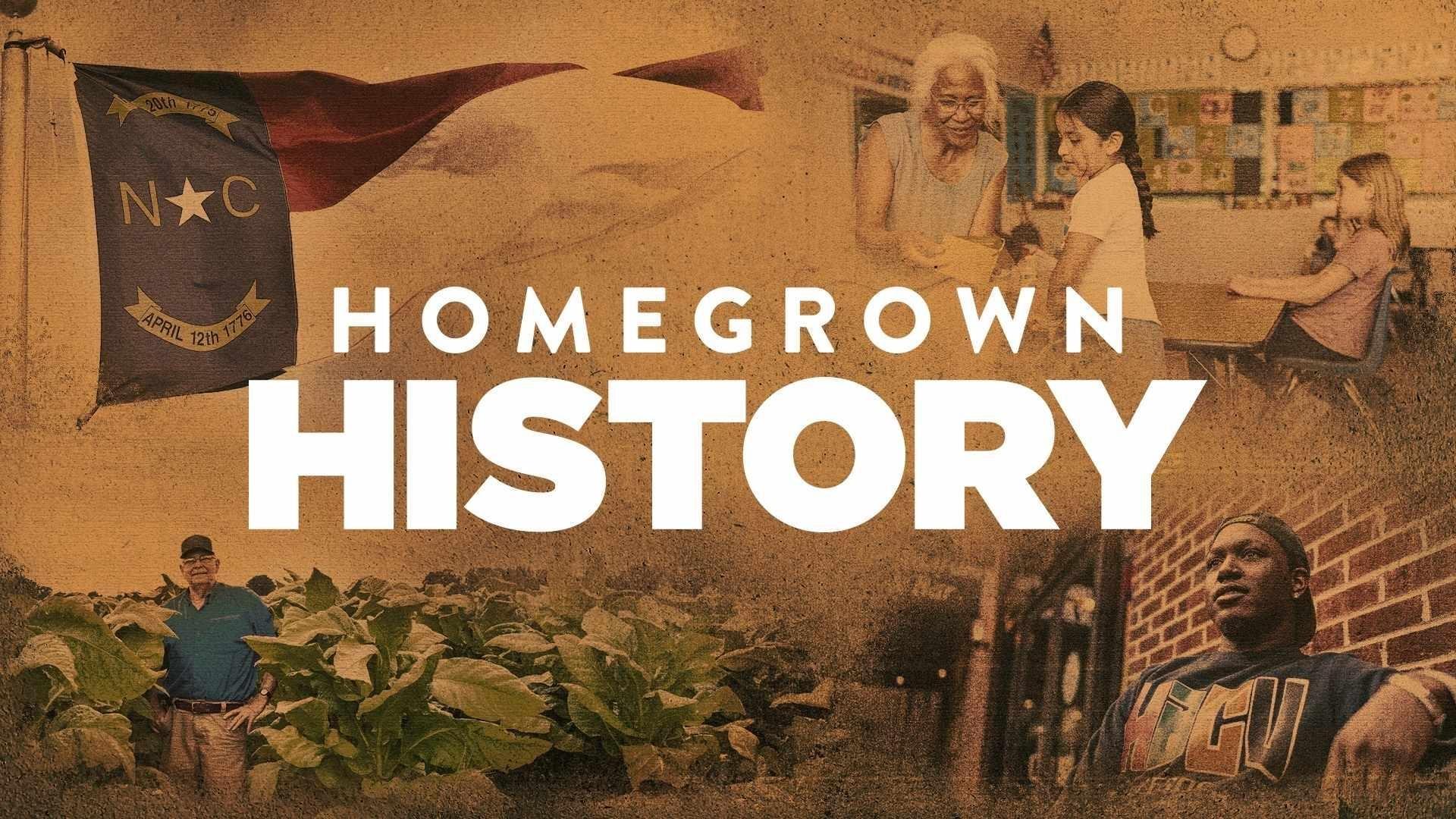
Homegrown History is a multiyear public history initiative exploring the state’s rich past. This ambitious project will include community engagement events throughout North Carolina, new broadcast and digital content exploring local history and resources for students and educators.
Bring Them Home tells the story of the Blackfoot people striving to re-establish wild buffalo on tribal land after 100 years of absence. The film recounts efforts to restore buffalo, land, traditional culture and bring healing to the Blackfeet community. Narrated and executive produced by Oscar-nominated Blackfeet/Nez Perce actor Lily Gladstone, the film has been an audience favorite at festivals.
Watch Bring Them Home, Monday, 11/24, 10 PM on PBS NC and the PBS app.
Every day in rural Qyah, Alaska, is an adventure—if you’re not chasing moose off the basketball court, then you’re probably snowshoeing under the Aurora Borealis or rescuing a stranded scientist.
Ready to explore? Molly of Denali is traveling the country in a new special mini-series, “Molly’s Epic Adventure,” premiering, Monday—Friday, 11/3—11/7, 1 PM on Rootle PBS KIDS.
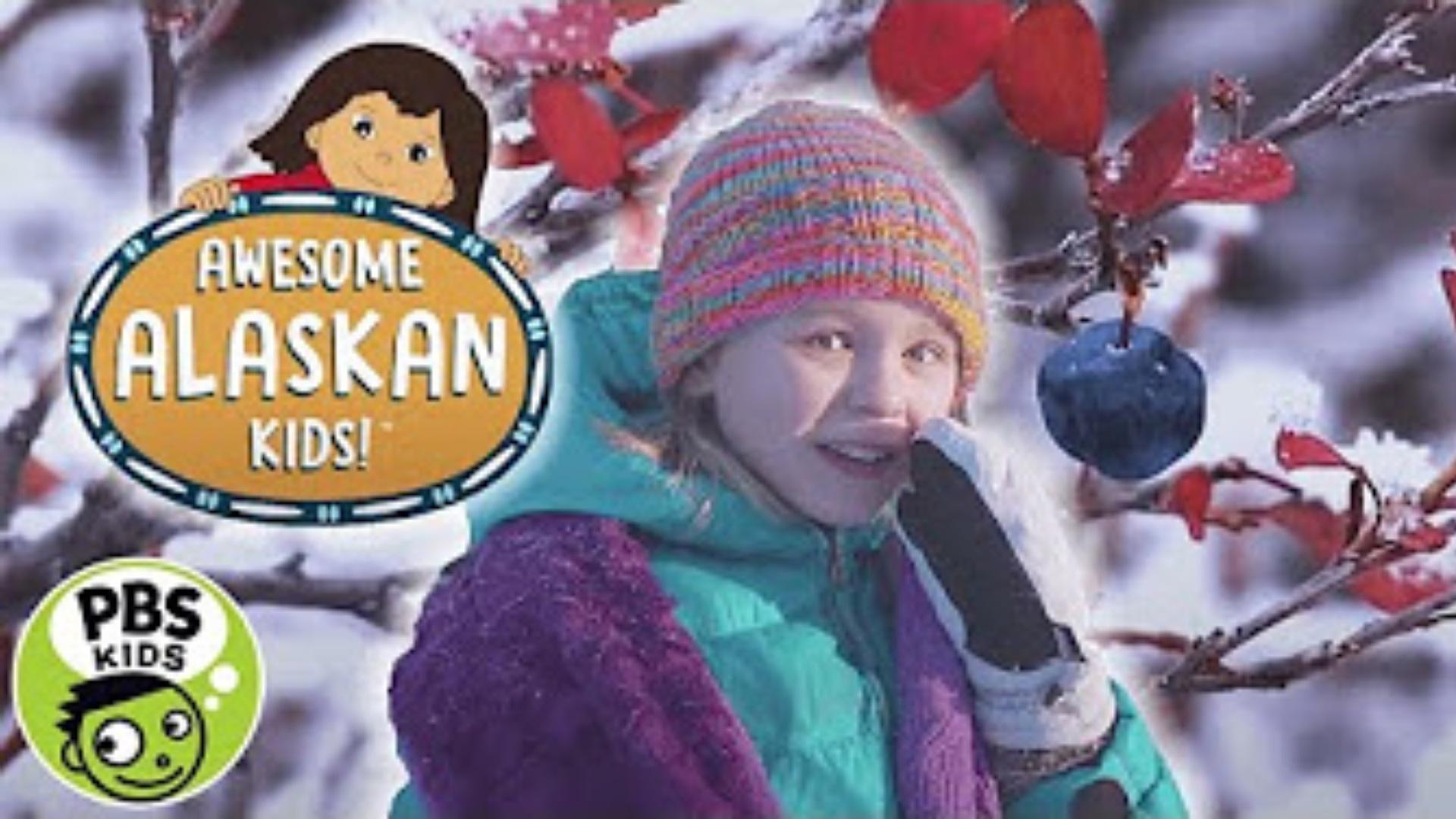
Inspired by Molly of Denali, the “Awesome Alaskan Kids” short series shows real kids from across Alaska filming their own vlogs. Each kid shares a unique perspective, culture and adventure as Alaskans and Alaska Natives.
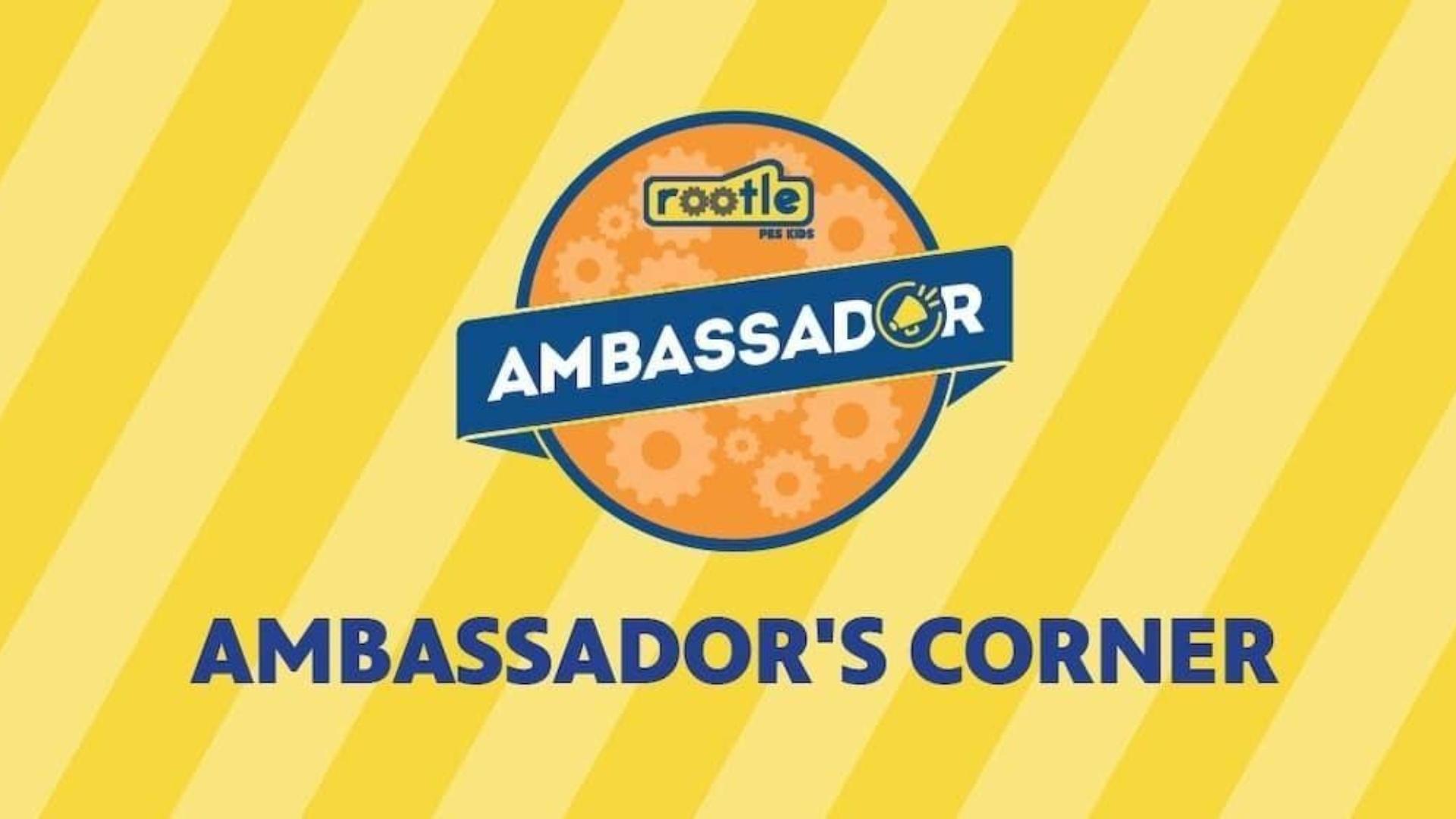
Rootle Ambassador Dr. Connie Locklear of Robeson County shares tips for educators during Native American Heritage Month.
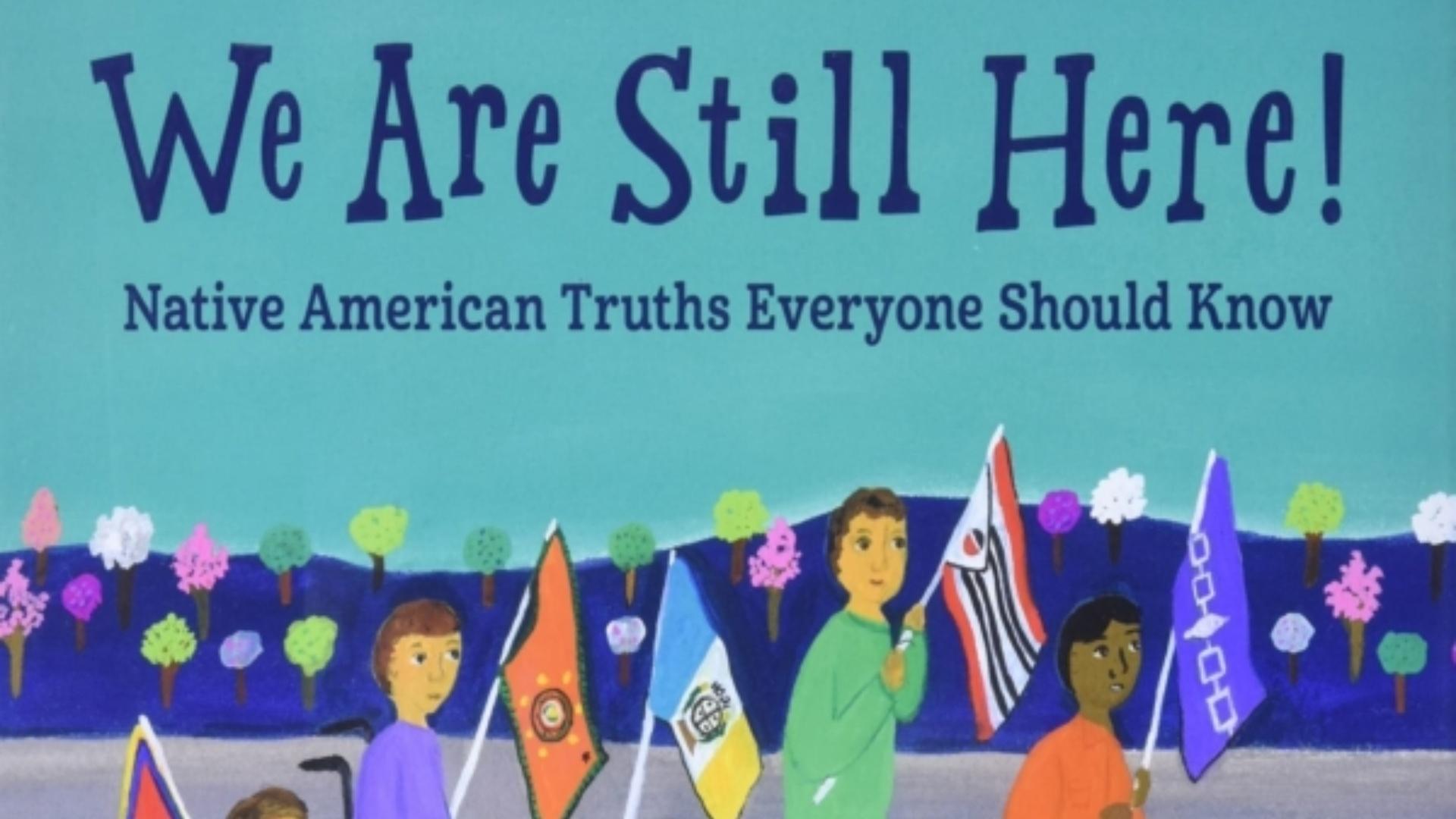
Explore new reads from Native authors and illustrators. Discover family-friendly books that showcase contemporary Native American life, highlighting Native children and families.
Storms and beaver overpopulation have blocked the Great Coharie River, making it unnavigable. But the Coharie Indian Tribe is restoring their namesake river and introducing it to the next generation, who grew up without it. The restoration project is reconnecting them to their heritage and preparing them to steward the river as climate change reshapes the surrounding landscape.
Watch more from State of Change, streaming now on the PBS app.
This Lumbee family farm uses sustainable farming and herbal medicine practices to preserve their Native American heritage. They grow fruits, vegetables, and herbs using natural fertilizers and pest control methods. The farm provides fresh food to the community and educates others about sustainable farming and holistic health.
Following a local Unangax̂ hunter, hear the realities of food access in the changing Arctic.
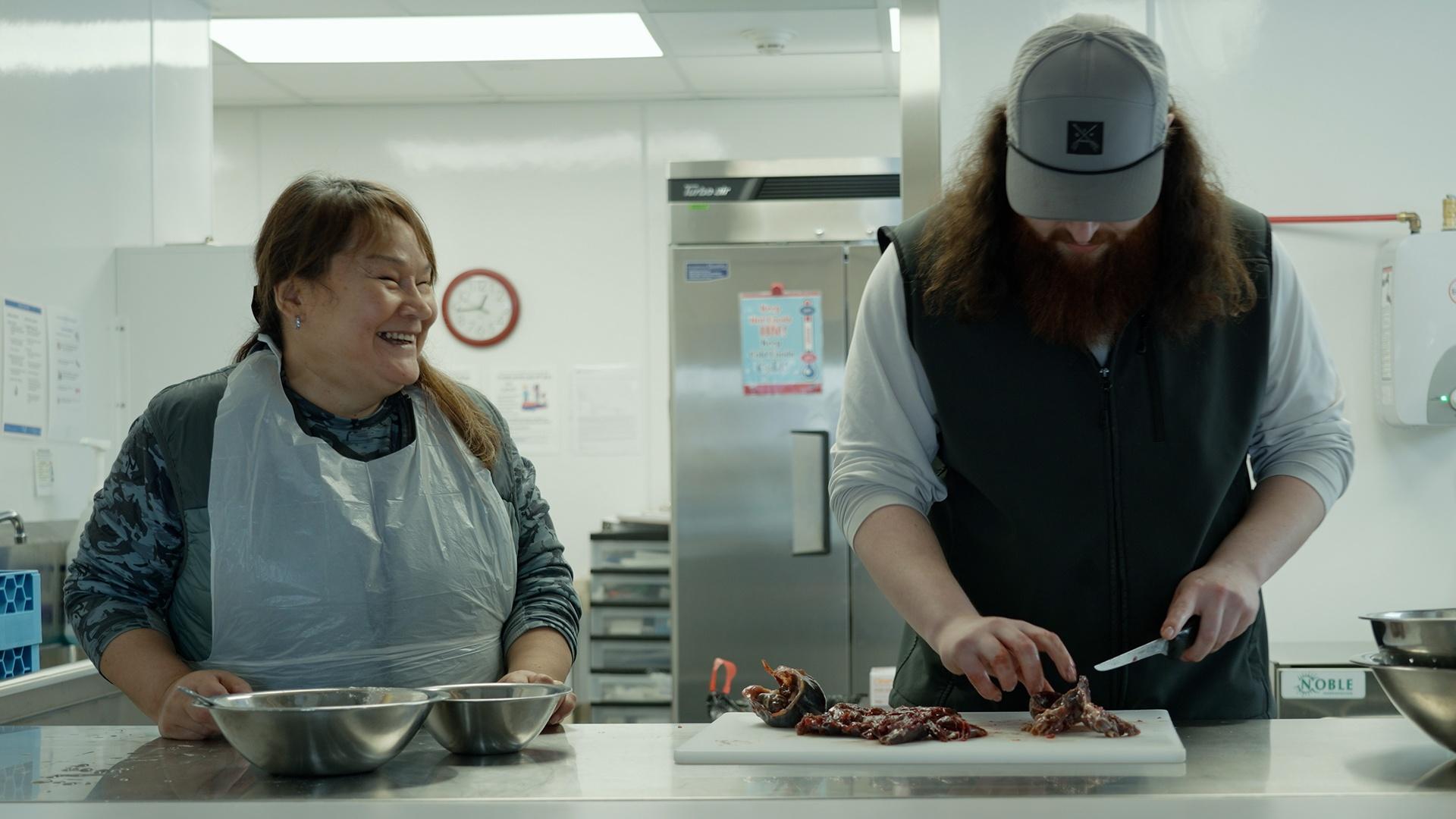
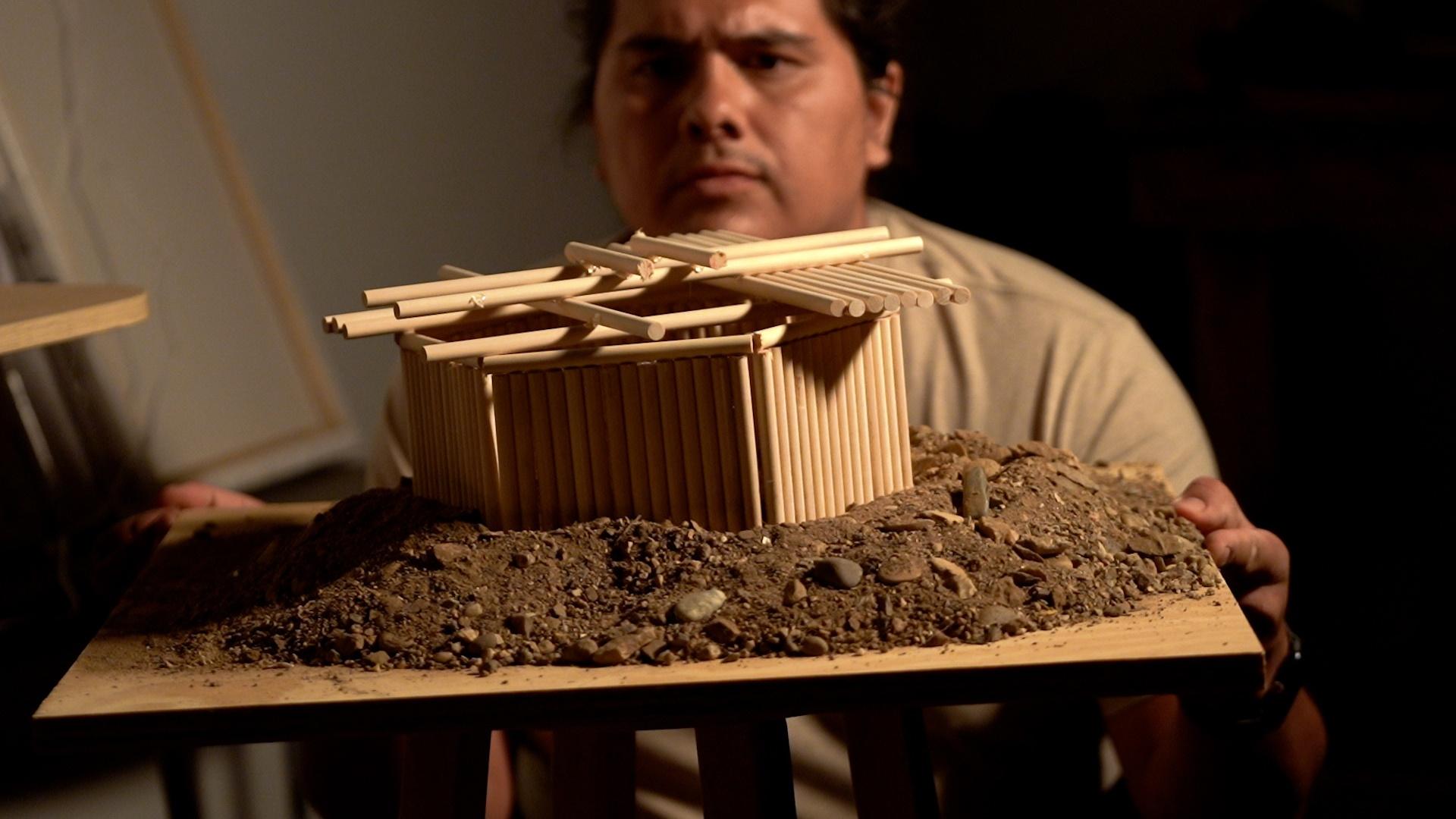
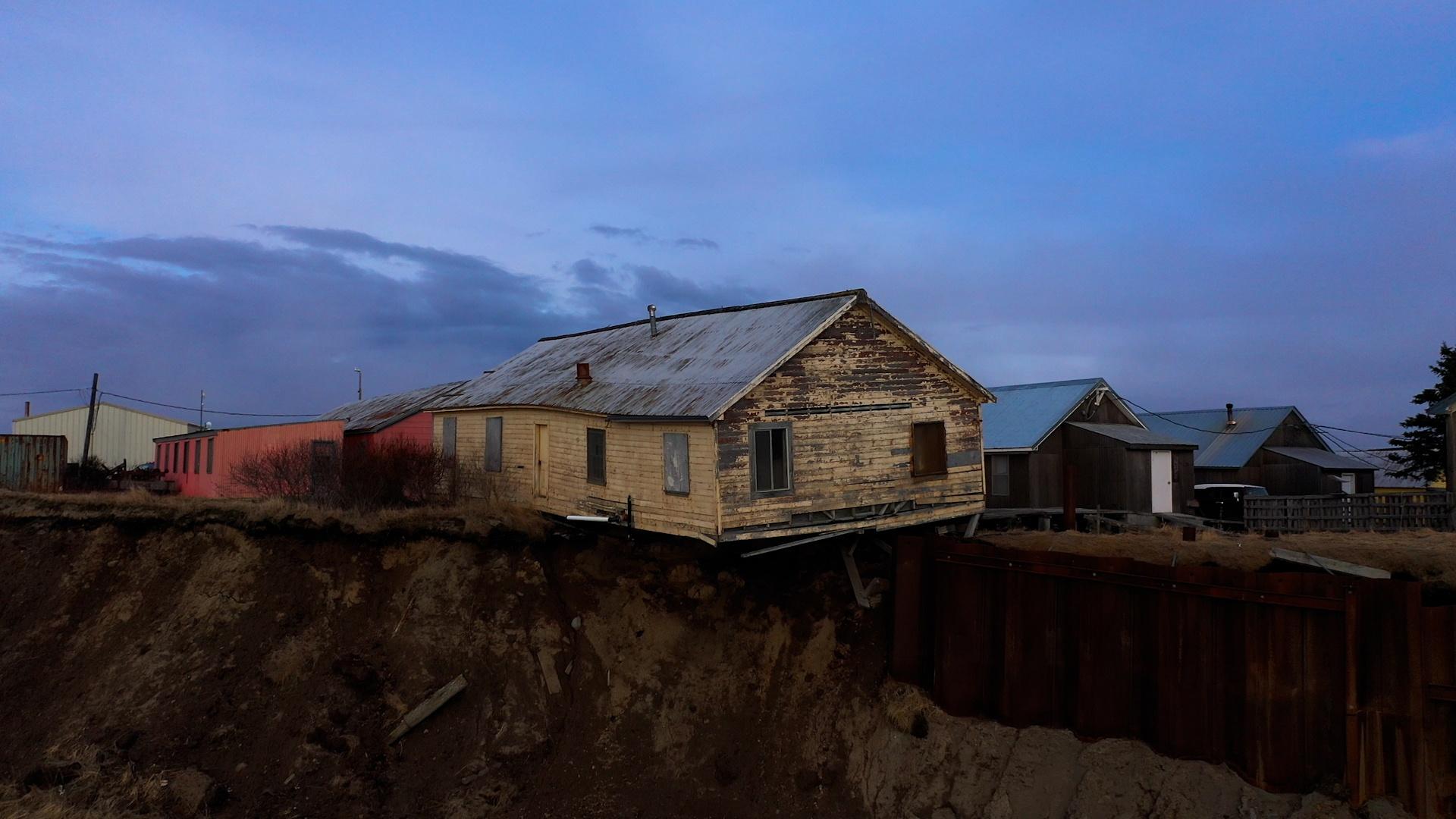
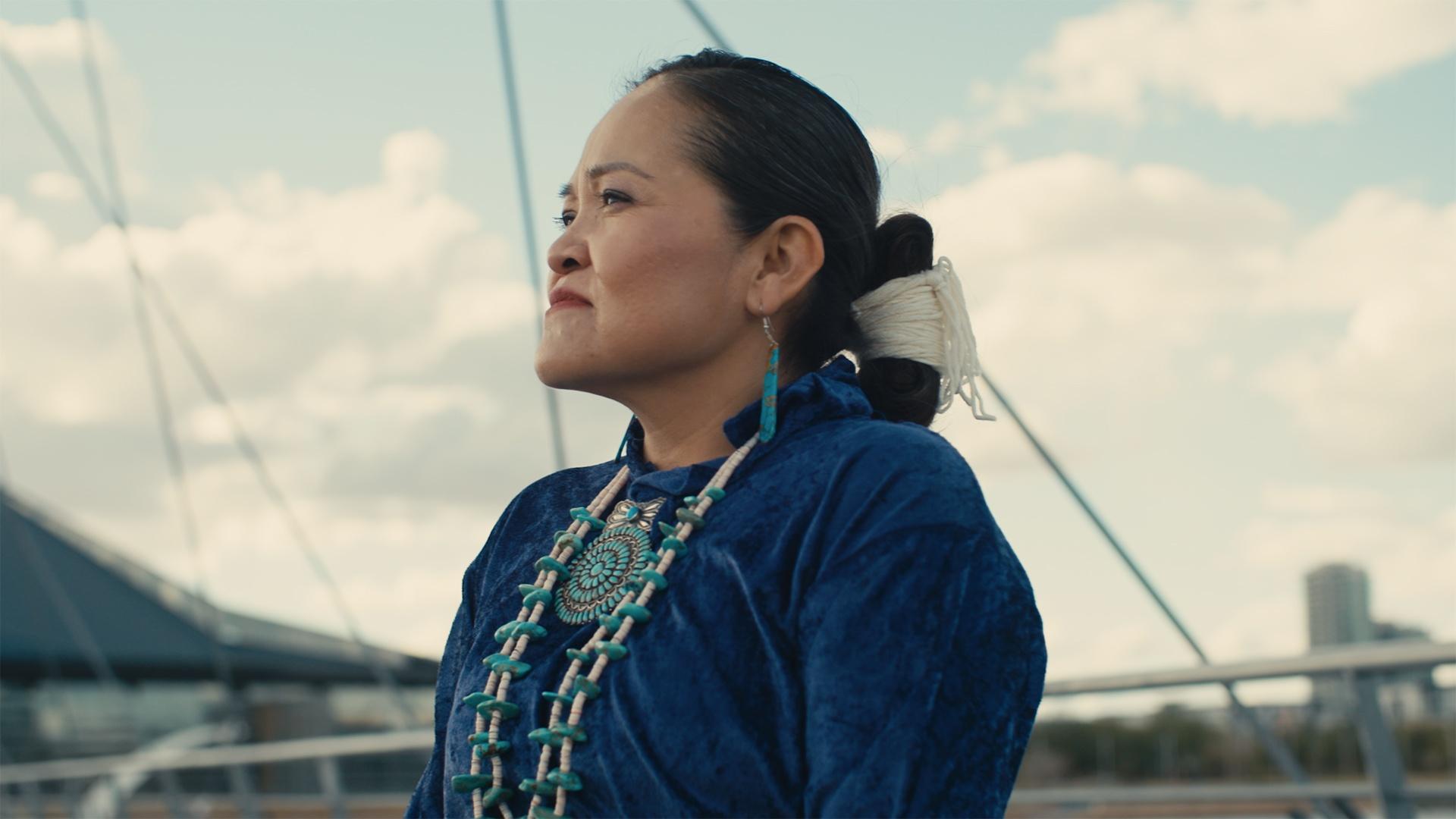
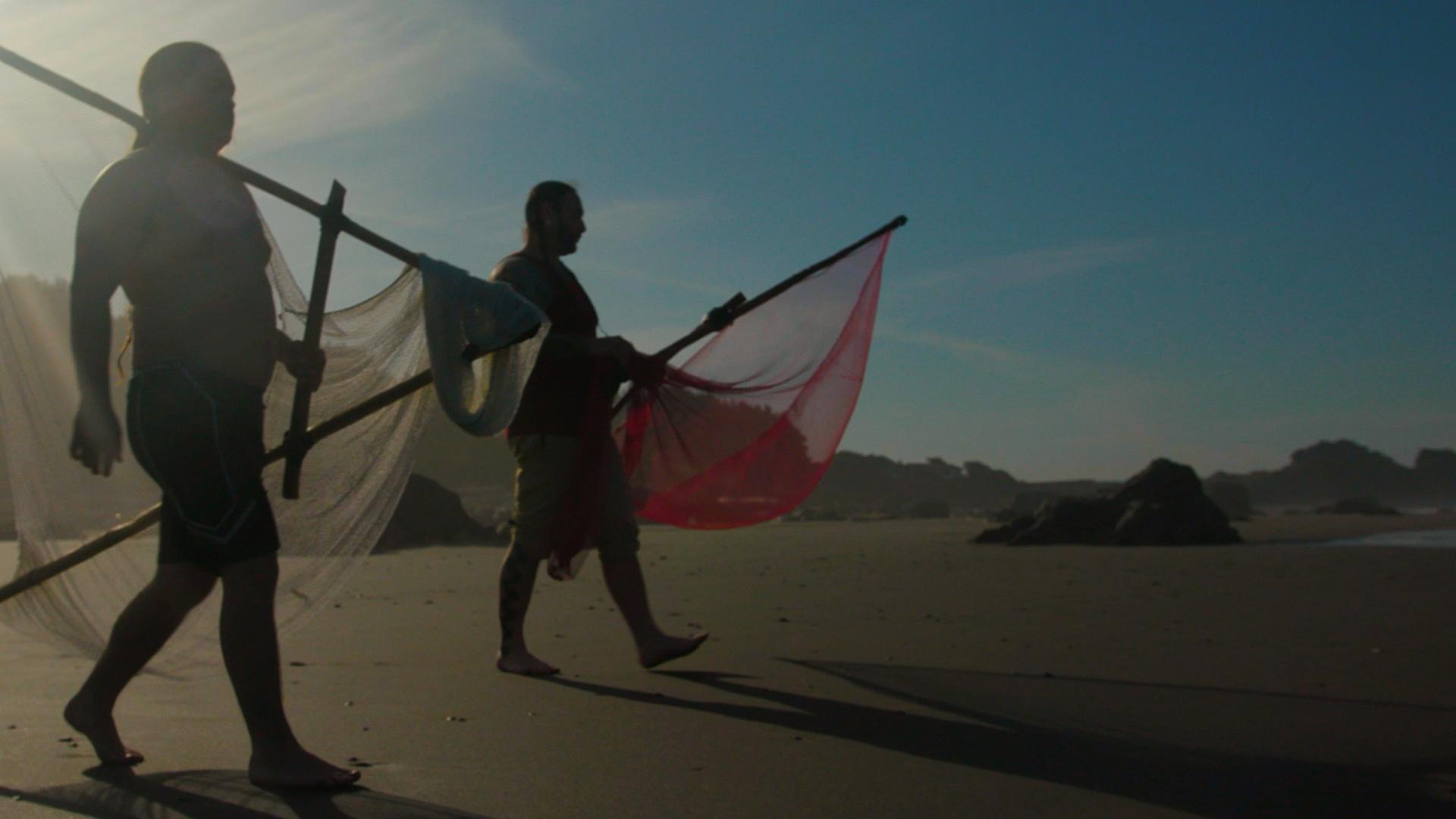
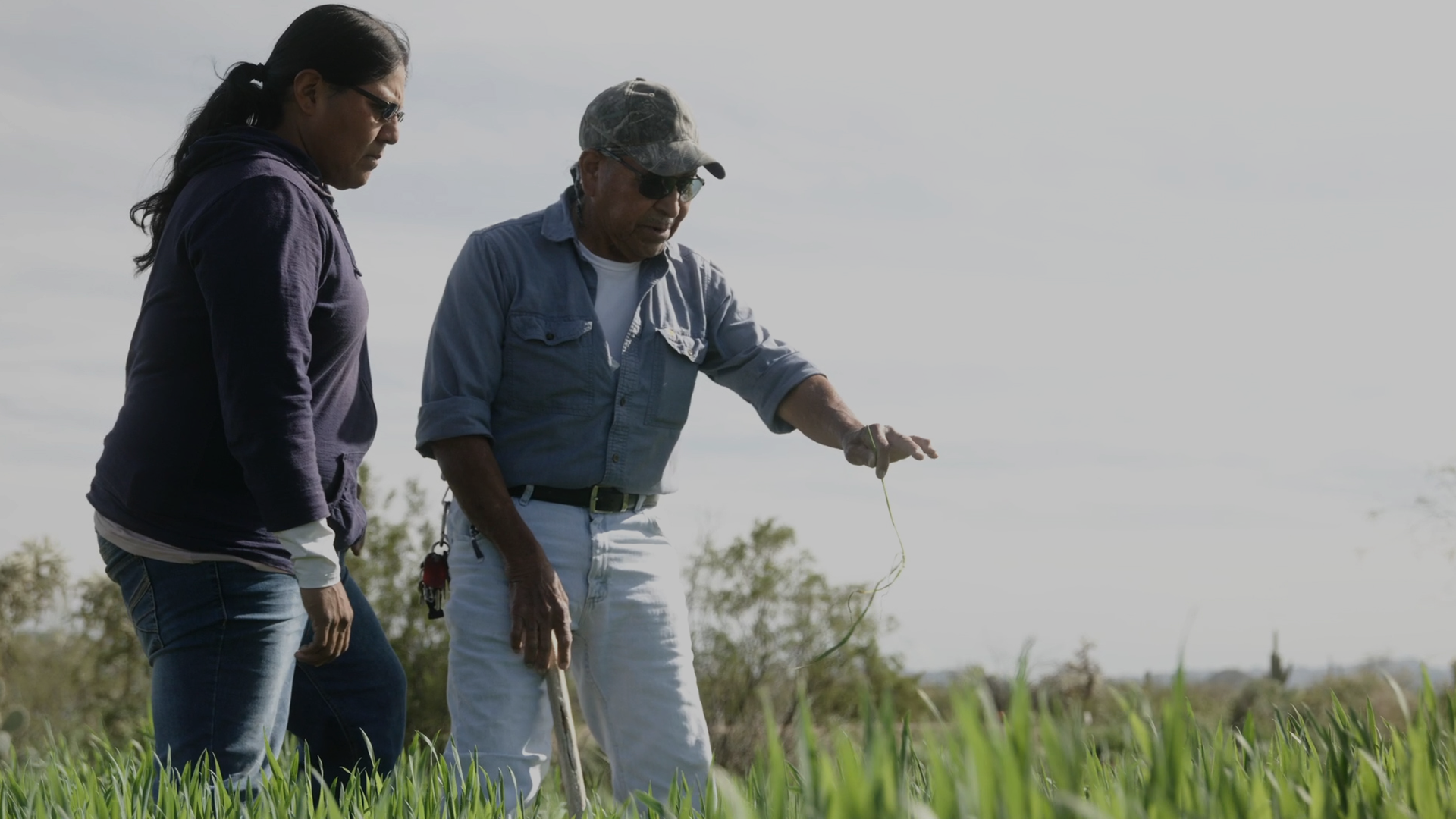
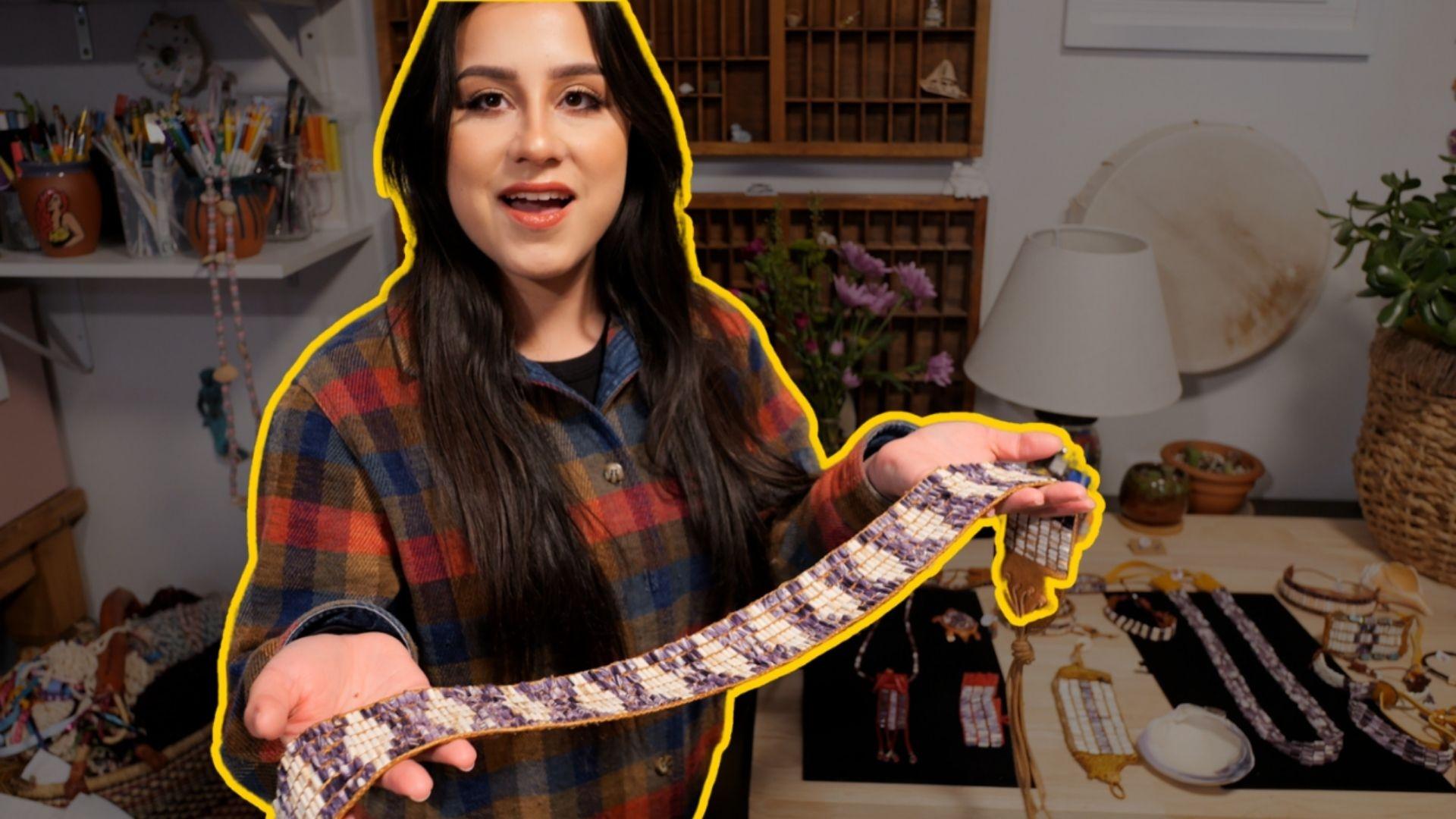
Honoring Indigenous innovation with modern insight & culture.
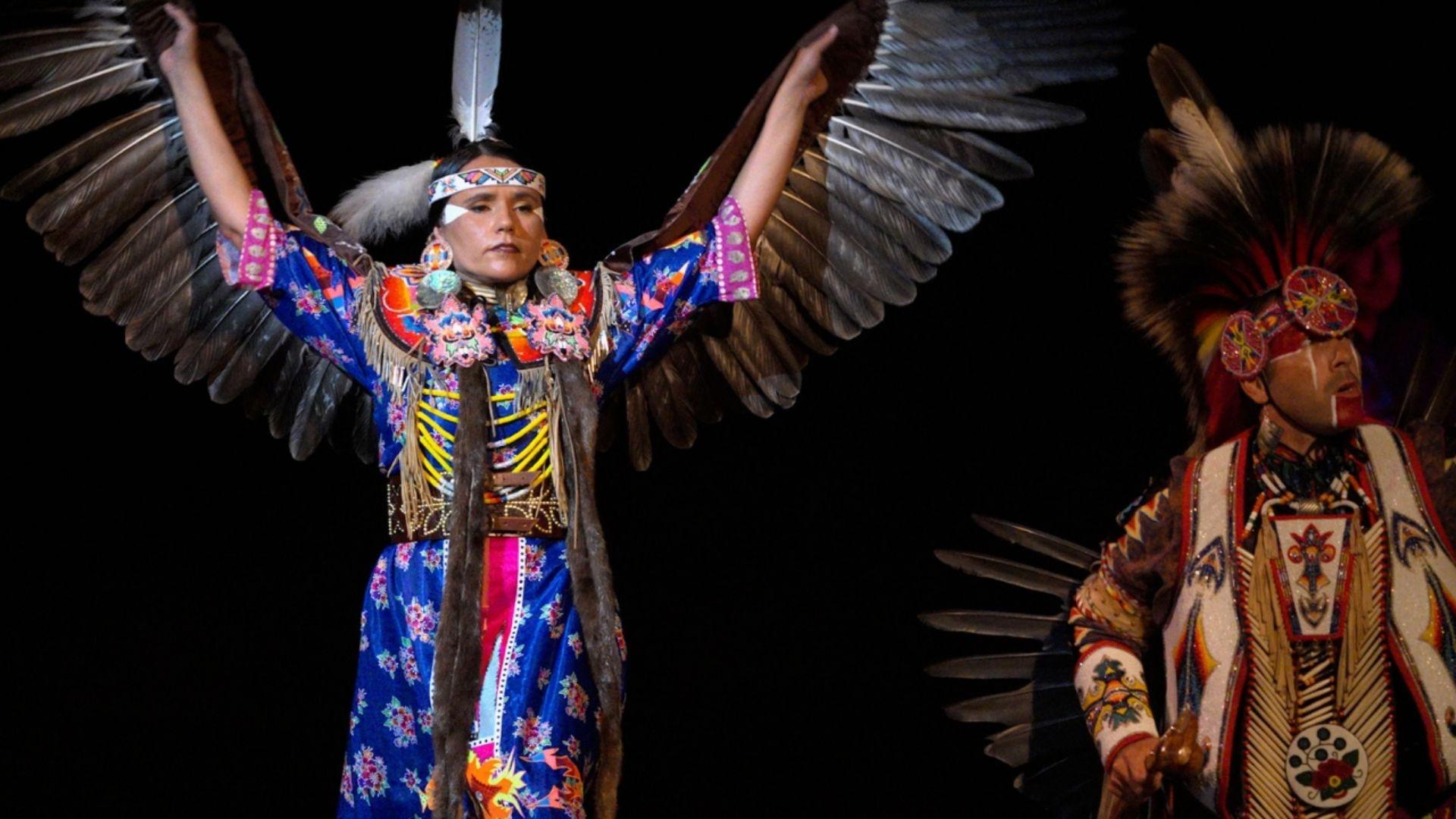
An entertaining, informative series that celebrates Native American culture and heritage.
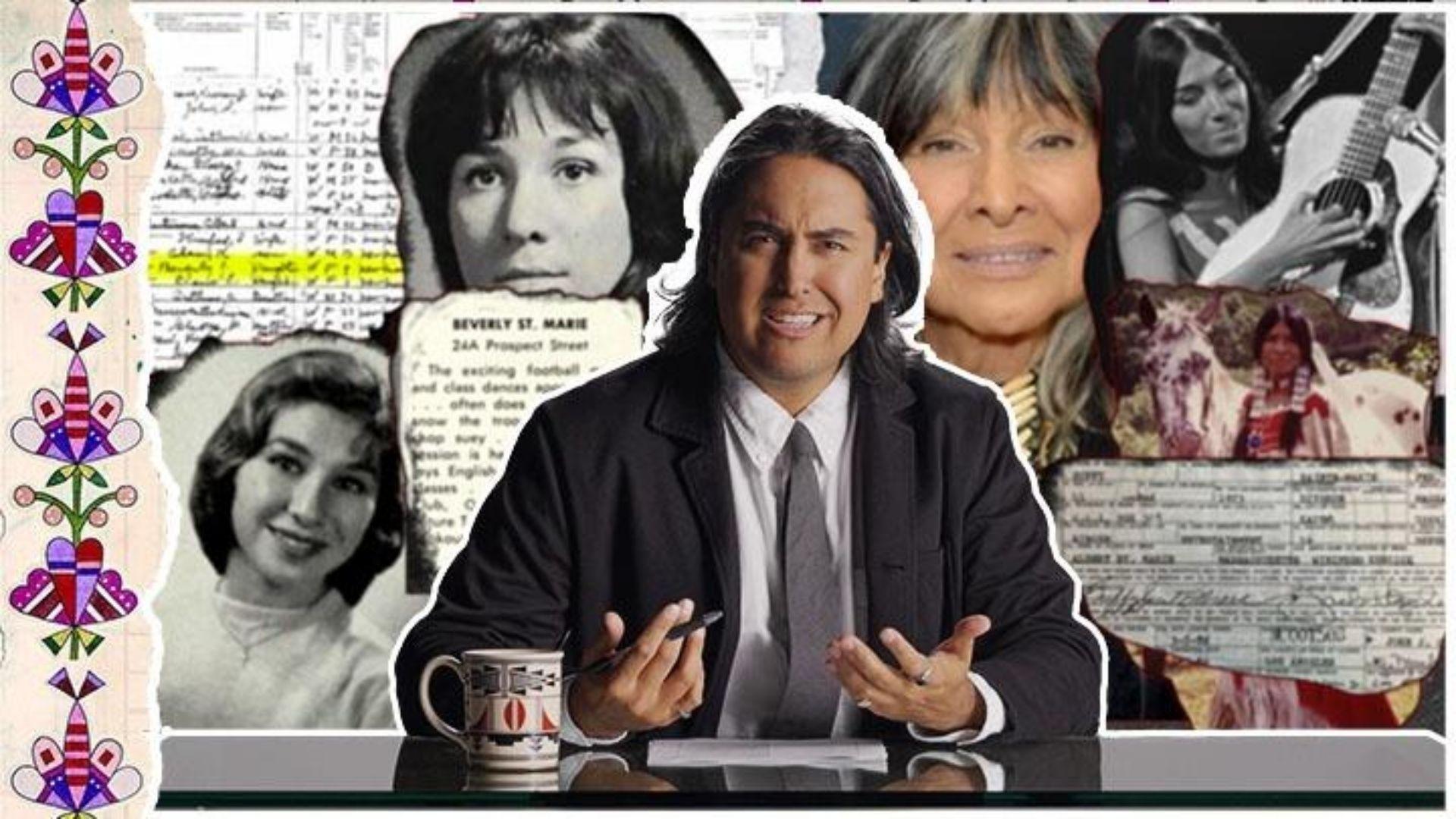
This series chronicles the social climate in Native America and history of tribal nations.
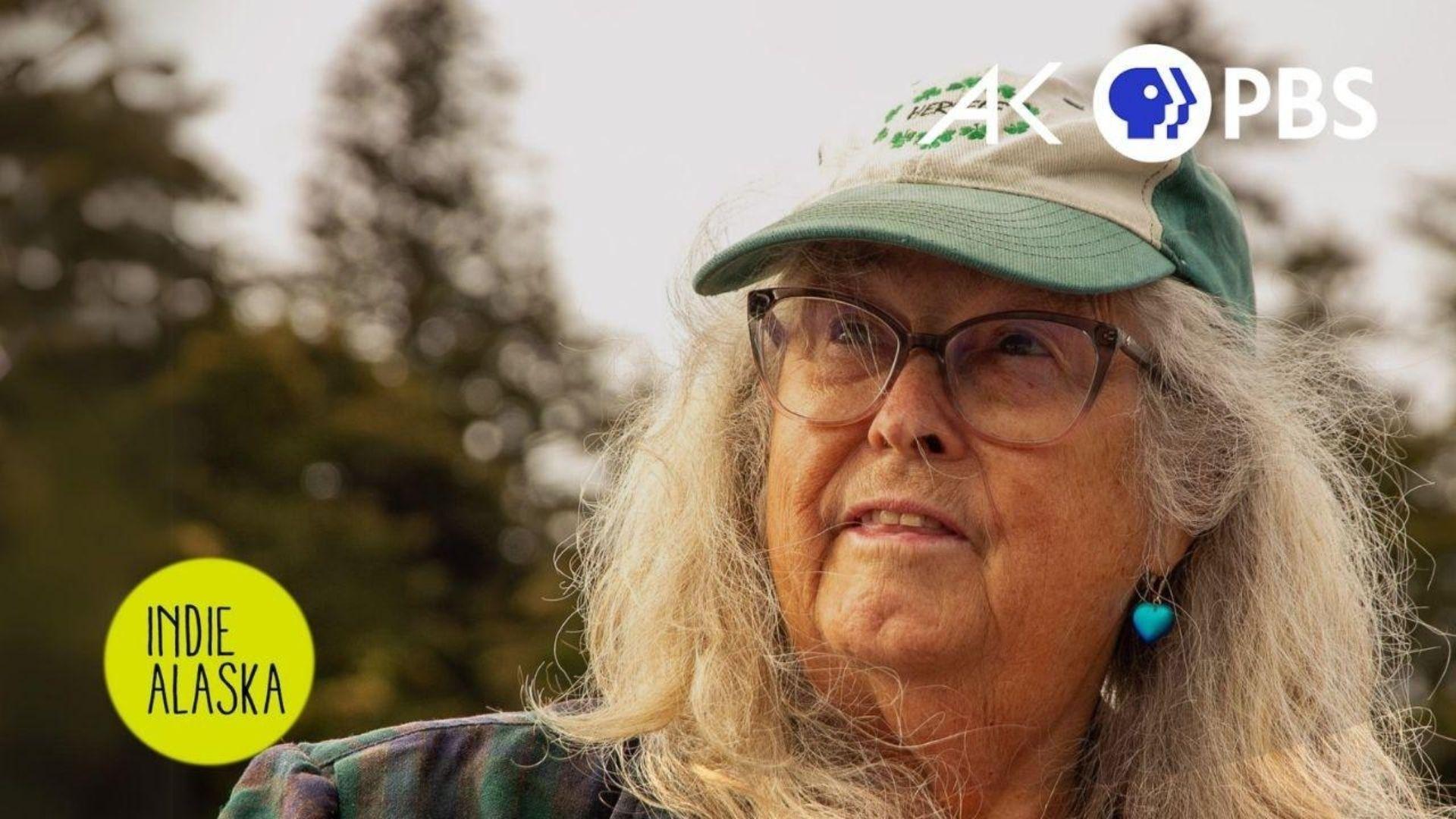
Take a trip up north with these local stories from Alaska Public Media.
Learn more about #LandBack, an Indigenous-led environmental, cultural and political movement that seeks to place Indigenous land back in Indigenous hands.
Watch Above the Noise, streaming now on the PBS app.
LEARN MORE FROM PBSThe Land Back movement seeks to reclaim ancestral lands, with the goal of reinstating Indigenous governance over these territories. In essence, it’s about returning Indigenous land to its rightful owners. This concept has deep historical roots and has gained increased visibility on social media in recent years, notably following the No Access Dakota Pipeline protests at the Standing Rock Sioux Reservation. |
Luke Swimmer, the force behind Buffalotown Clothing, celebrates Cherokee culture and pride in his eye-catching designs. Started in 2017 and now sold in stores like REI, Buffalotown Clothing blends contemporary fashion and pop culture with designs inspired by Indigenous art and life. (This video displays an incorrect spelling of Tabytha Swimmer’s name. We apologize for this oversight.)
Watch My Home, NC, streaming now on the PBS app.
NC Weekend highlights North Carolina businesses and experiences, including those owned and operat
ed by Indigenous people from the state. Explore this collection of featured stories to discover the rich culture of Cherokee and Coharie Native Americans.
Watch new episodes of NC Weekend, Thursdays at 9 PM on PBS NC and on the PBS app.
Taste the vintages at Native Vines, the first American Indian owned winery in the country.
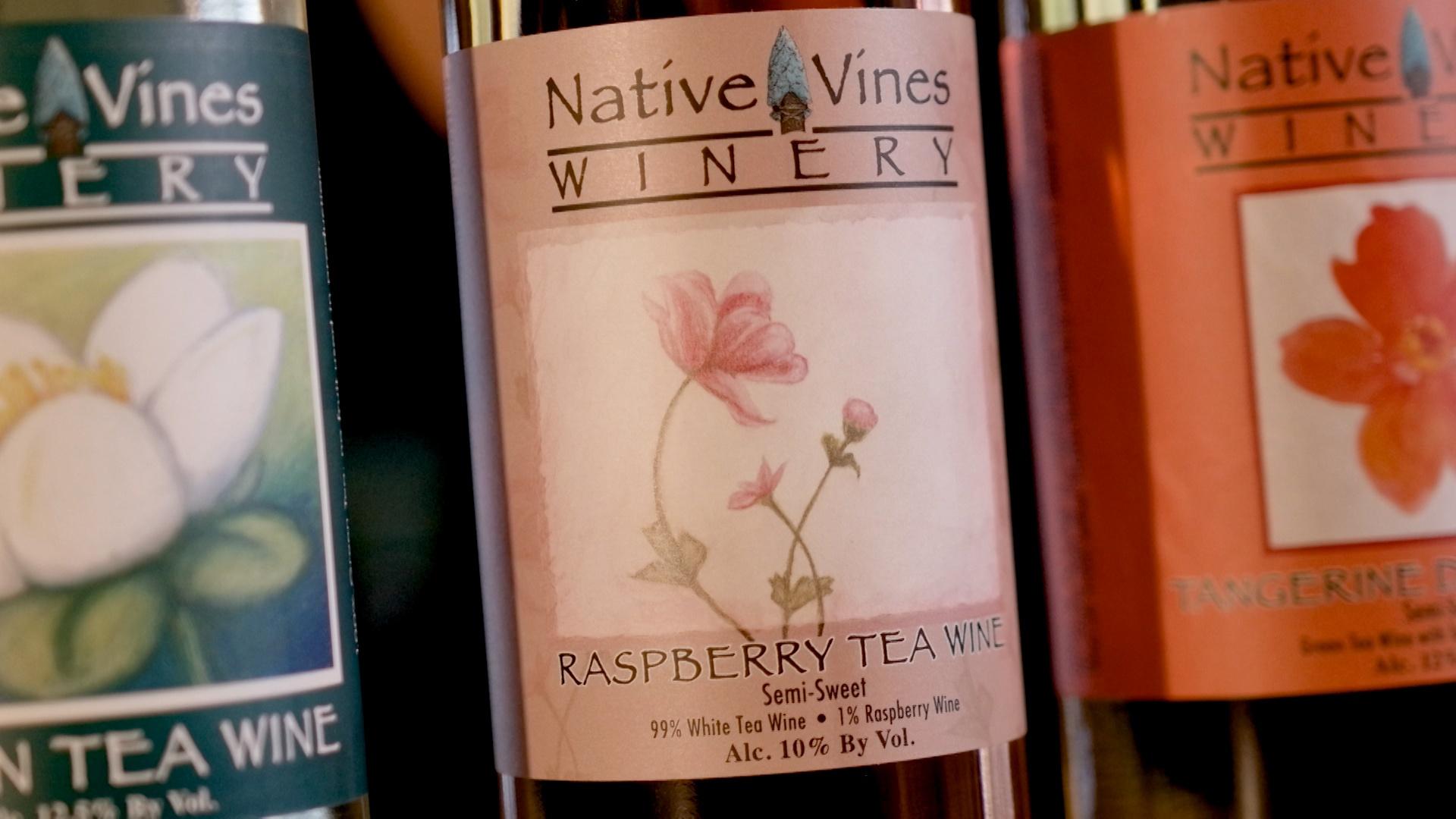
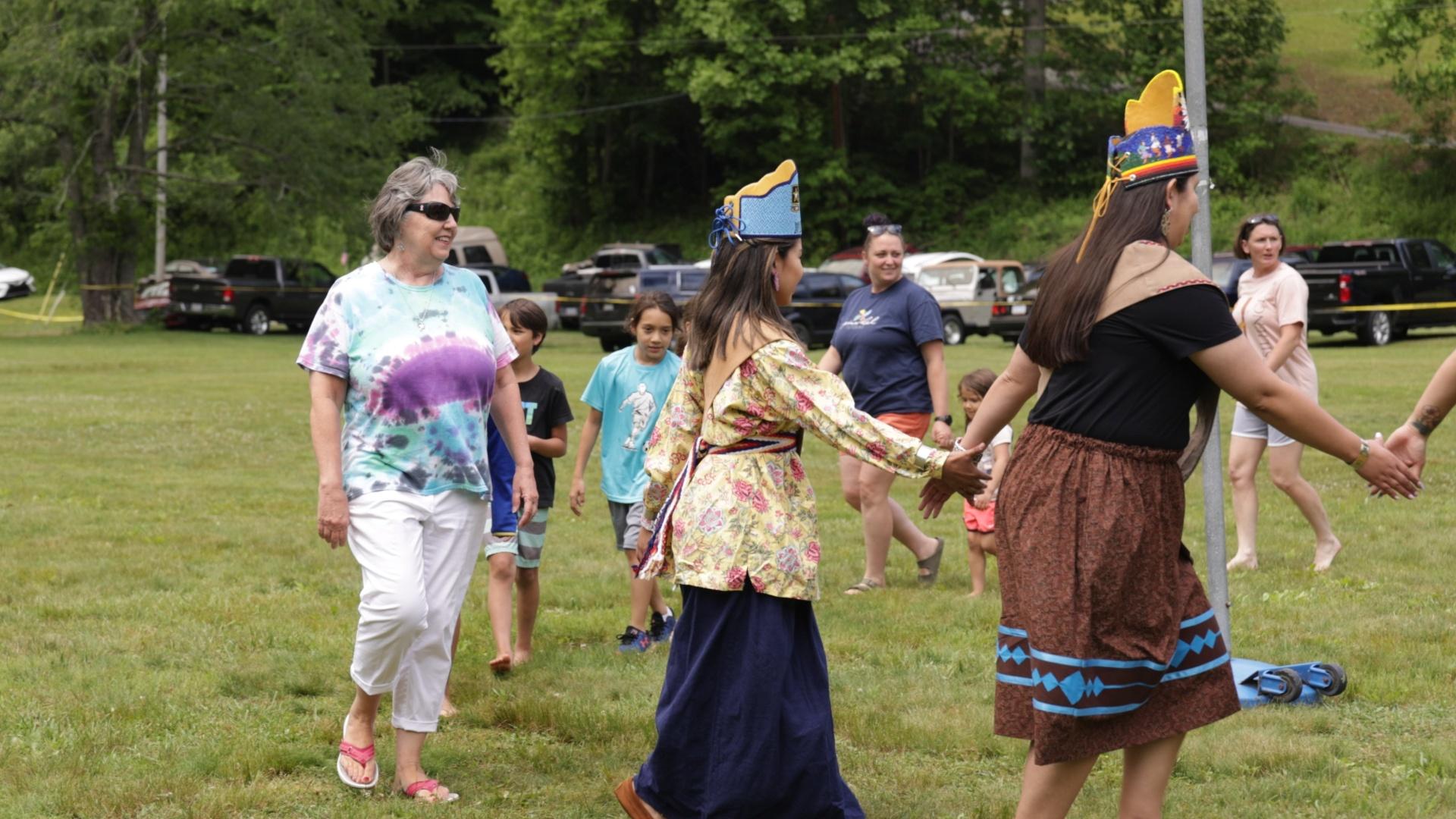
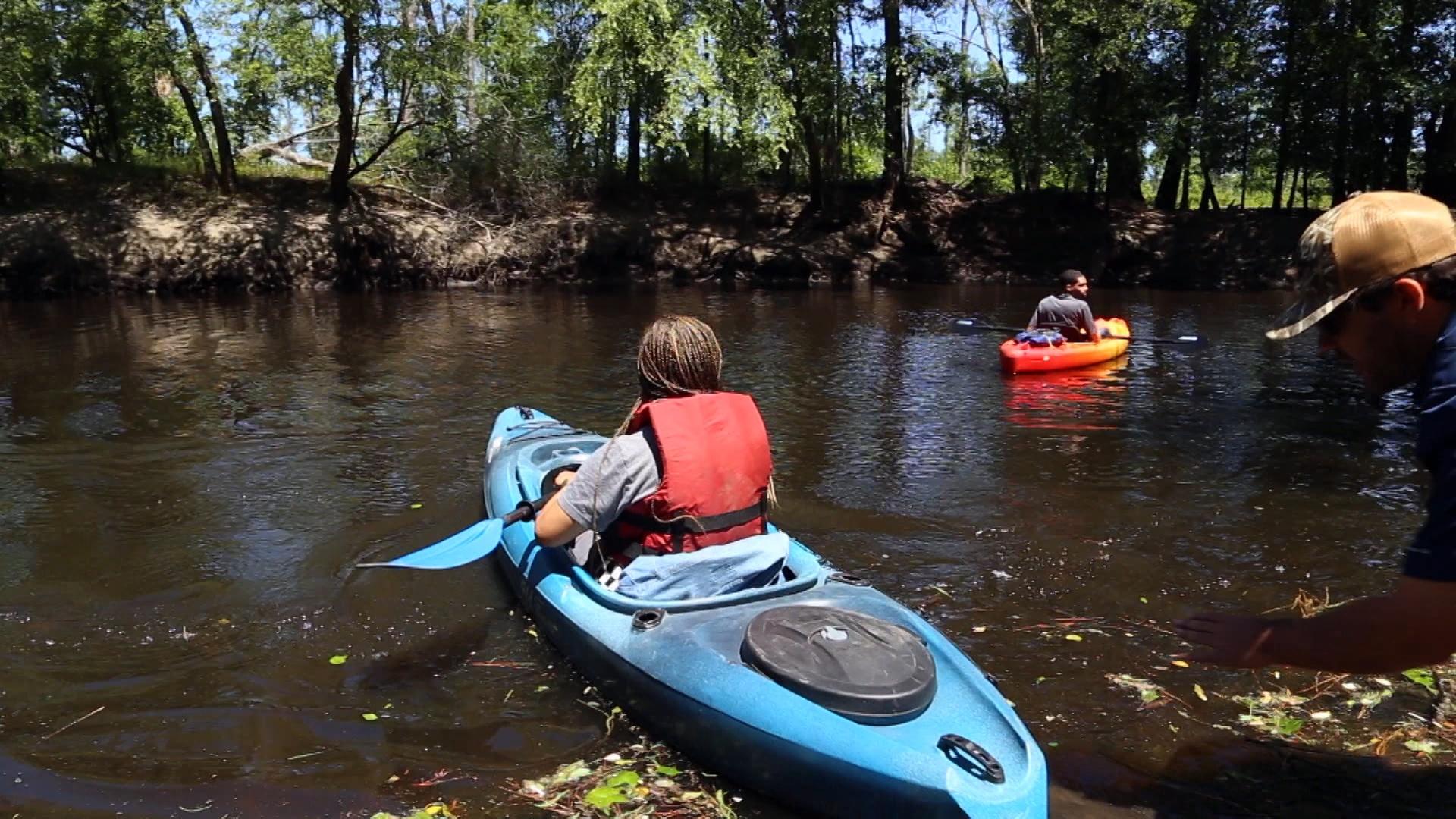
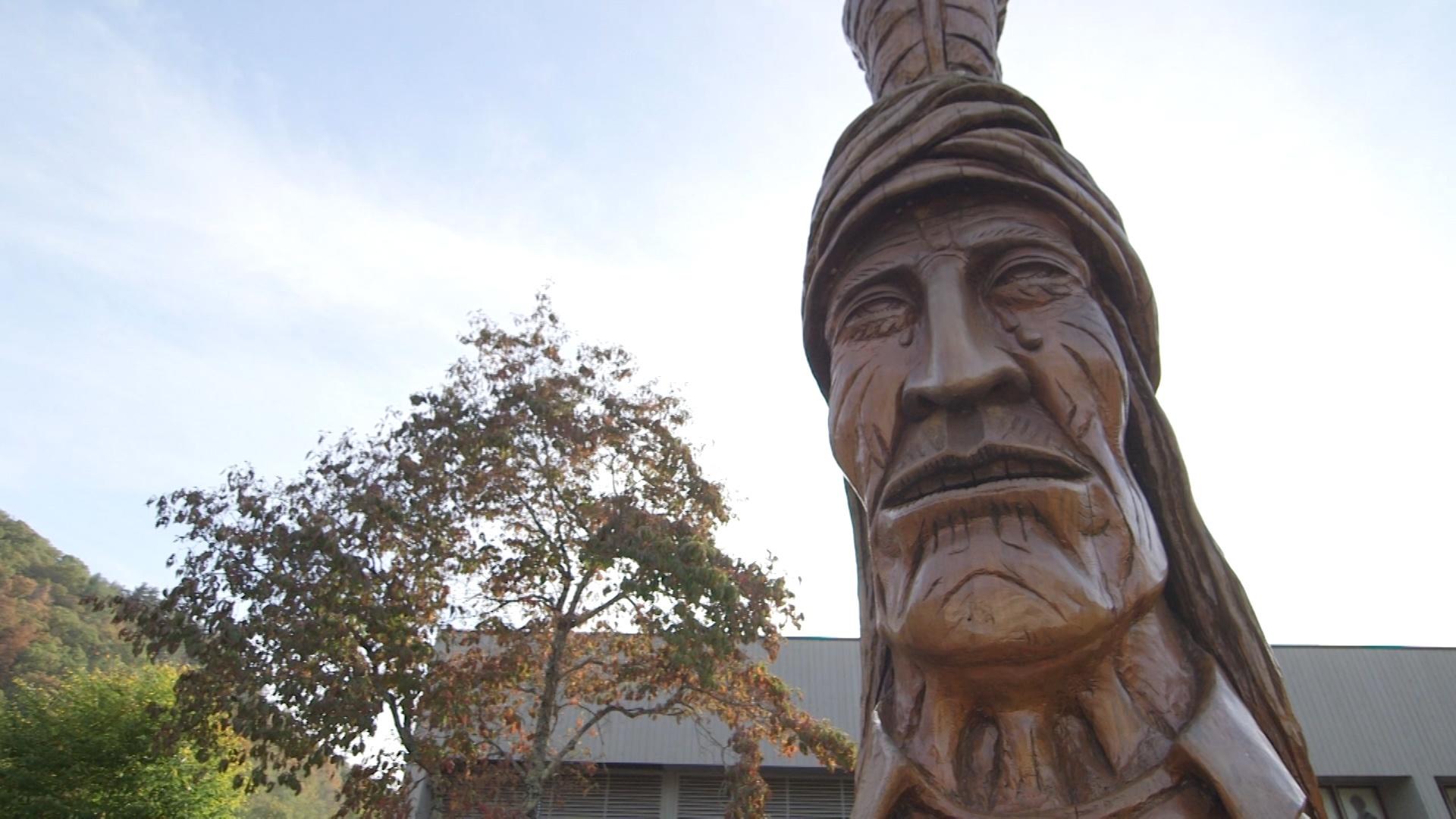
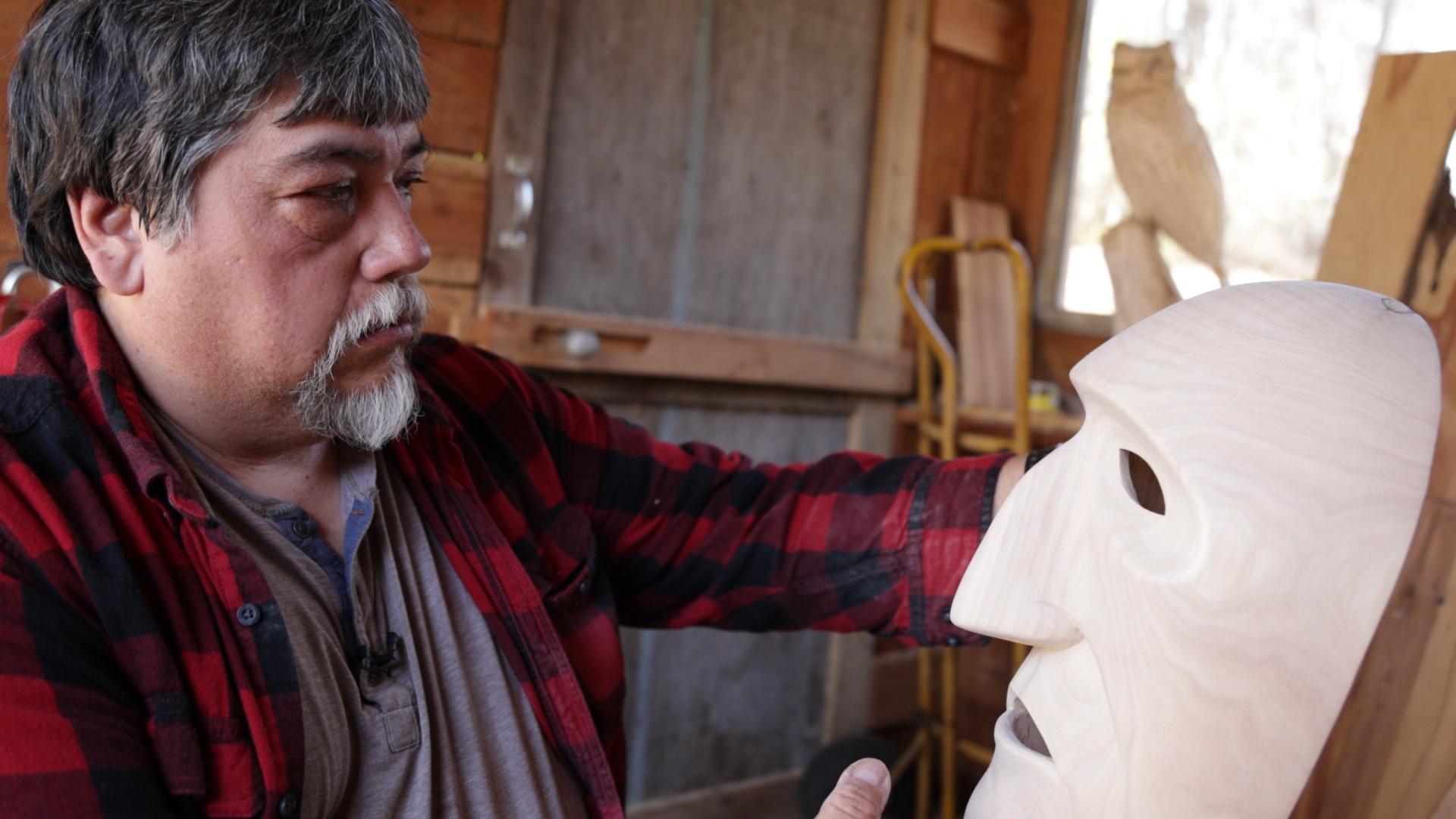
"Ghosts" tells the story of three Kiowa boys' daring escape from a government boarding school in Anadarko, Oklahoma in 1891, to attend a ghost dance ceremony at a distant Kiowa encampment. After being whipped for insubordination and feeling defeated, Charles, a rebellious teenager, plans to escape with an unlikely group of partners.
Watch more from the PBS Film Festival, streaming now on the PBS app.
Through personal storytelling, follow alternative pathways to health and wellness by eating nutritiously and locally. A return to ancestral food sources can strengthen cultural ties to each other and to one's heritage. Featuring Roxanne Swentzell whose Pueblo Food Experience project is transforming lives in her community and beyond by Tlingit, Muckleshoot, Oglala Sioux, Menominee and Seneca women.
Watch Return: Reclaiming Foodways for Health & Spirit, streaming now on the PBS app with PBS NC Passport.
Each year in the U.S., nearly 5,000 high-school girls’ basketball players earn a full-ride Division I scholarship. In 1992, only one was Native American: Blackfeet Nation’s Malia Kipp. Living in two worlds presented challenges, but Kipp carried the burden with grace and grit. Described by her chief as “a warrior,” she blazed a heroic and inspiring trail for other Native girls to follow.
Watch Native Ball: Legacy of a Trailblazer, streaming now on the PBS app with PBS NC Passport.
